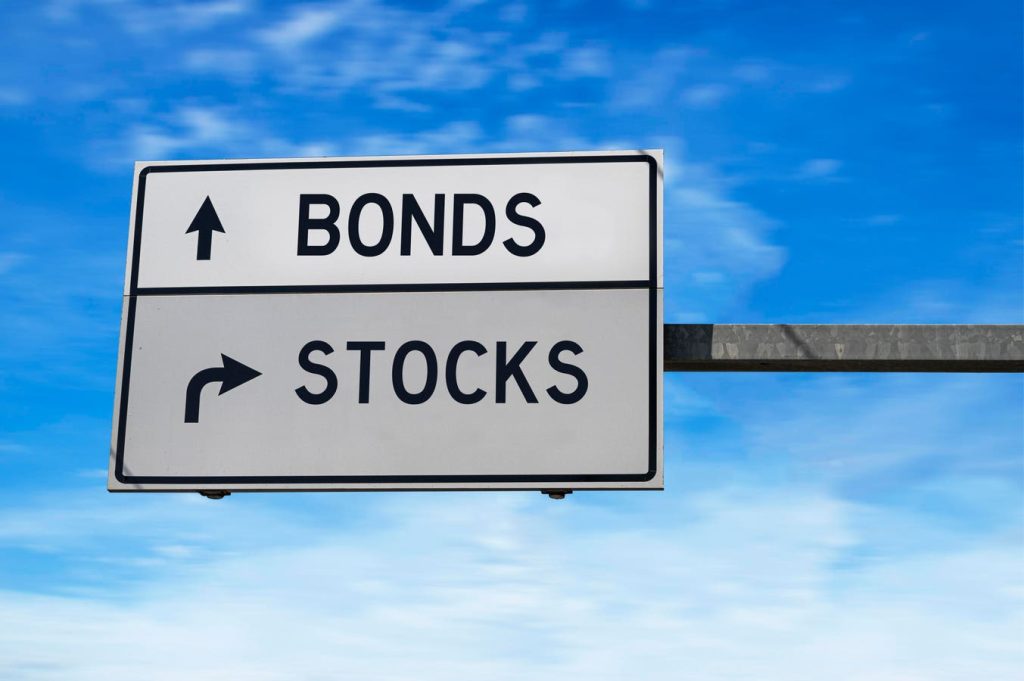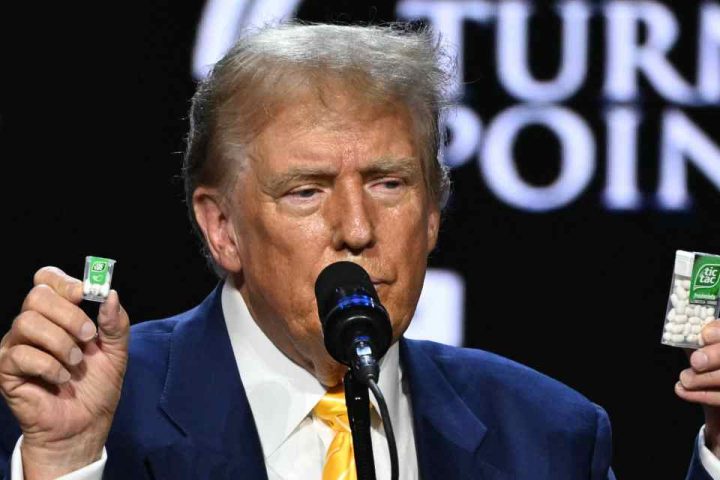By Leika Kihara and Yoshifumi Takemoto
TOKYO (Reuters) -Japan’s government on Thursday compiled a package of measures to cushion the economic blow from inflation that will involve spending of more than 17 trillion yen ($113 billion), a move that could worsen the country’s already tattered finances.
To fund part of the spending, the government will compile a supplementary budget for the current fiscal year of 13.1 trillion yen, according to the plan approved by the cabinet.
Including spending by local governments and state-backed loans, the size of the package will total 21.8 trillion yen.
“Japan’s economy is seeing a big opportunity open up to shift to a new stage for the first time in three decades,” as it exits from a deflationary spiral, Kishida told a meeting of government and ruling party executives on Thursday.
“That’s why we need to help companies boost profitability and earn revenues to boost wages,” he said.
The package includes temporary cuts to income and residential taxes, payouts to low-income households and subsidies to curb gasoline and utility bills.
Combined, the spending plan will boost Japan’s gross domestic product (GDP) by around 1.2% on average over the next three years, according to a government estimate.
The effect of gasoline and utility subsidies will push down overall consumer inflation by about 1.0 percentage point from January and April next year, it said.
Inflation, fuelled by rising costs of raw materials, has kept above the central bank’s target of 2% for more than a year, weighing on consumption and clouding the outlook for an economy making a delayed recovery from scars left by COVID-19.
The rising cost of living is partly blamed for pushing down Kishida’s approval ratings, piling pressure on the prime minister to take steps to ease the pain on households.
Analysts doubt whether the roughly 5 trillion yen to be spent on tax cuts and payouts would do much to boost consumption and Japan’s economic growth.
Takahide Kiuchi, a former Bank of Japan board member who is currently an economist at Nomura Research Institute, expects the measures to lift GDP by just 0.19% for the year.
“It’s a policy that isn’t very cost effective,” he said. “With Japan’s output gap having turned positive in April-June, the economy doesn’t need a stimulus package in the first place.”
The package also includes measures to beef up supply chains and key technology, such as tax breaks to firms that invest in areas considered strategically important.
The spending may force the government to issue more bonds and add to Japan’s ballooning public debt which, at twice the size of its economy, is the biggest among major economies.
Japan’s economy likely contracted in the third quarter after stellar growth in April-June, according to a Reuters poll, as rising inflation and China’s slowdown take a toll on consumption and exports. Falling real wages in July adds to doubts over central bank projections that domestic demand can keep the country on a steady recovery path.
($1 = 150.5100 yen)
Read the full article here







